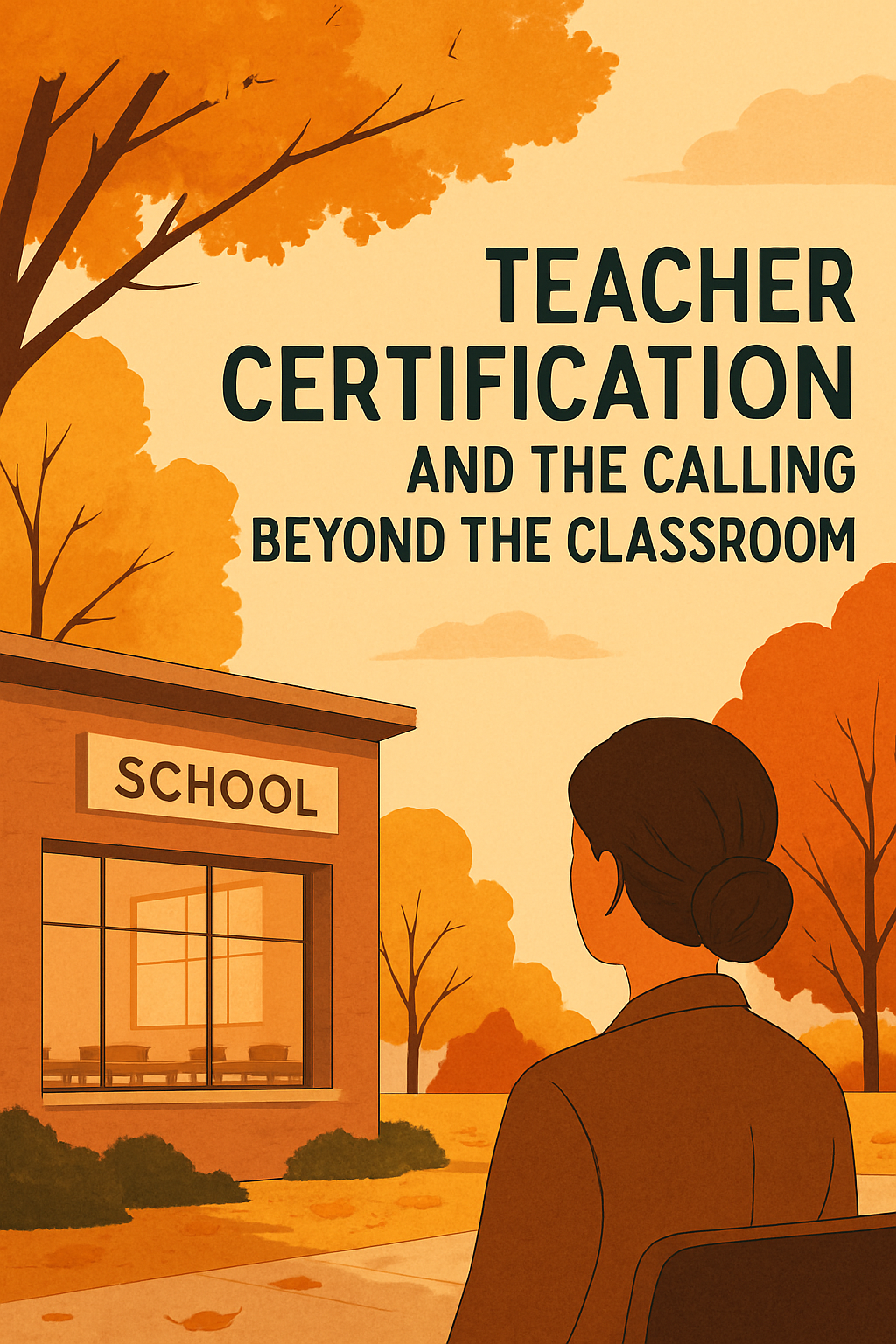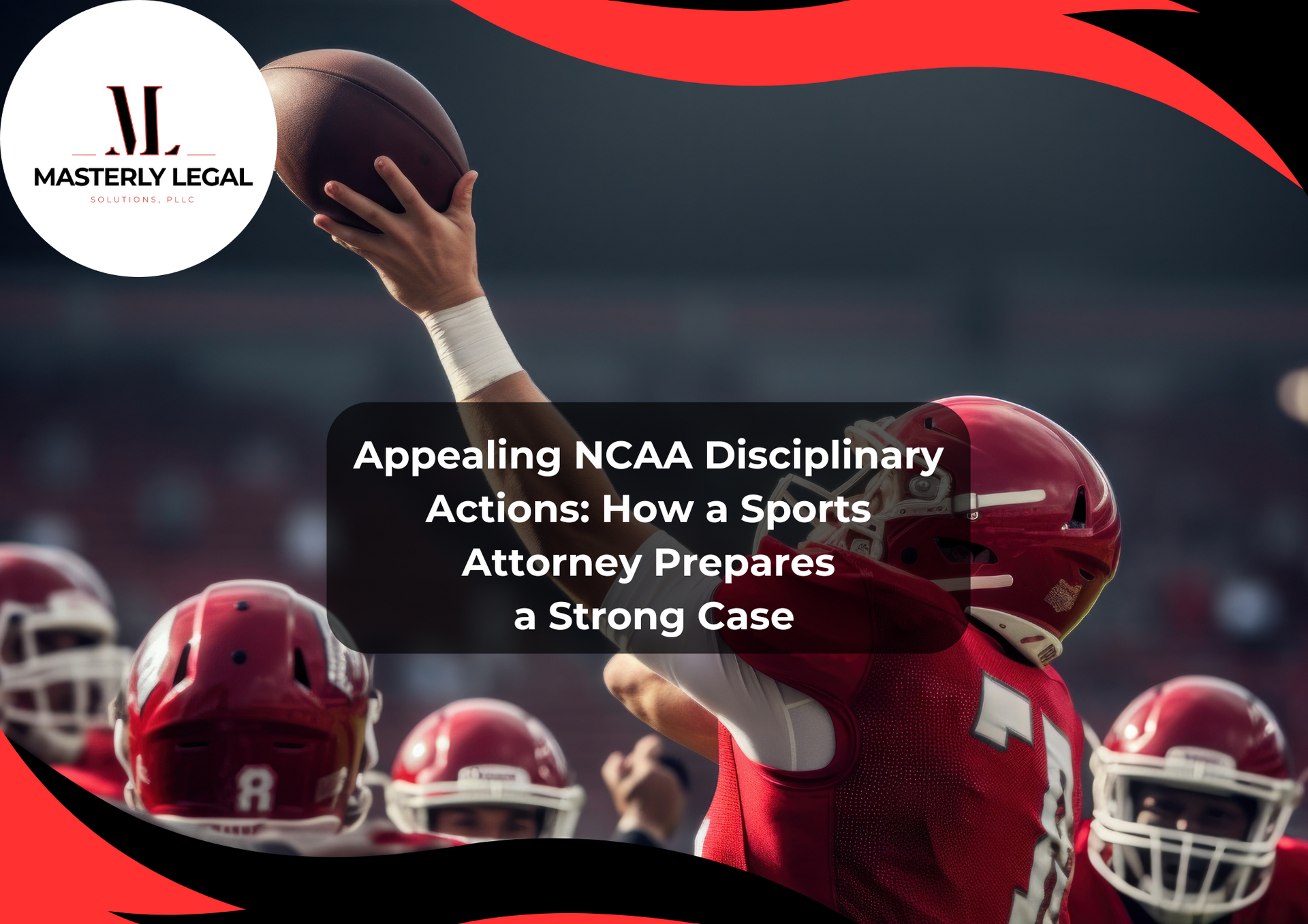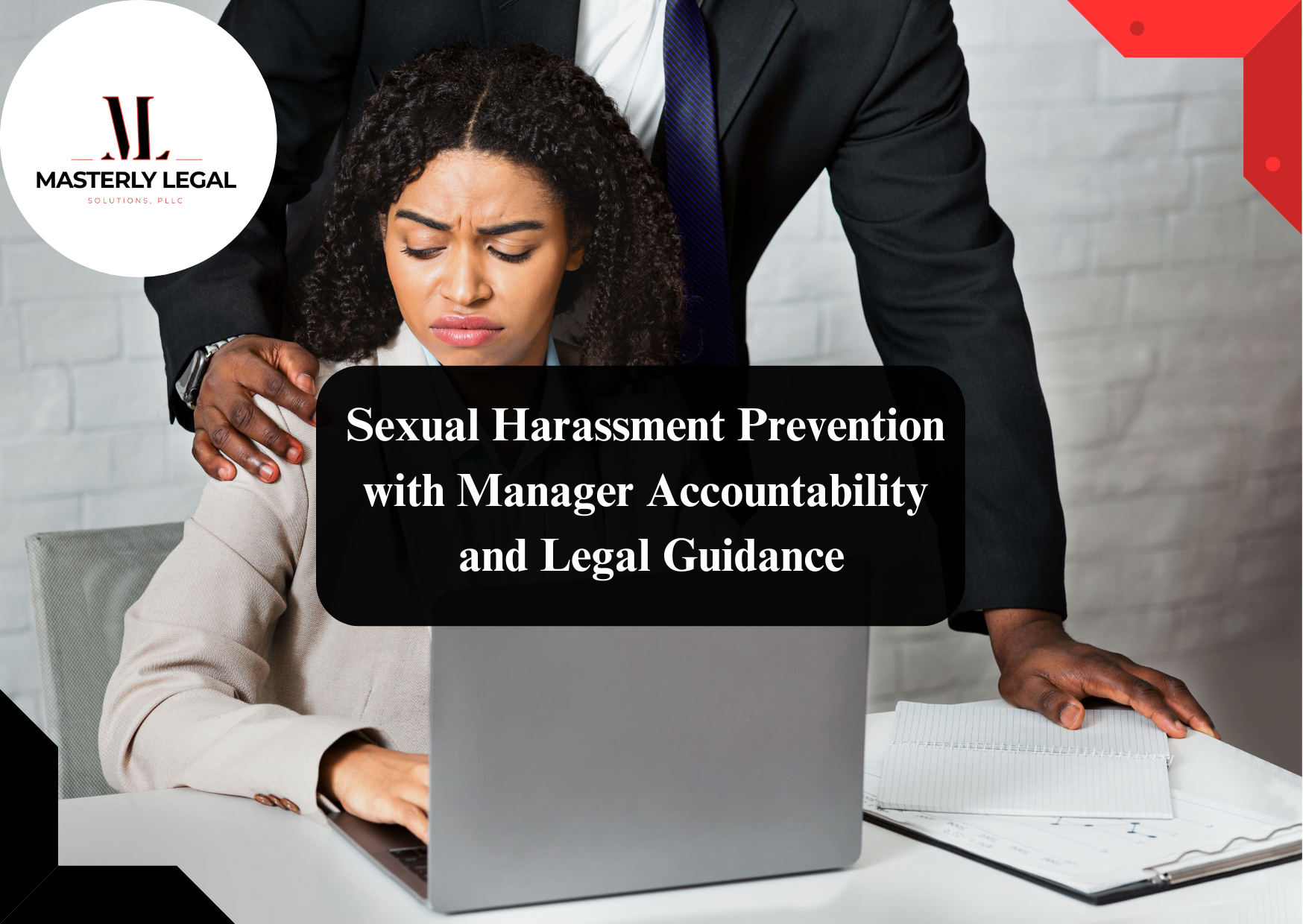Understanding Title IX in Education: A 1972 Landmark Law All Educators Should Know
Understanding Title IX in Education: What You Need to Know to Protect Your Career
What is Title IX? A Brief History
Title IX of the Education Amendments of 1972 is a federal law that states:
“No person in the United States shall, on the basis of sex, be excluded from participation in, be denied the benefits of, or be subjected to discrimination under any education program or activity receiving federal financial assistance.”
This act, passed as part of the Education Amendments of 1972, aimed to address rampant sex discrimination in education programs across the country. Enforced by the Department of Education, Title IX regulations initially focused on providing equal opportunities for girls and women in school sports and academics. Over time, Title IX evolved to encompass a broader scope, especially in areas of sexual harassment and misconduct. Today, Title IX not only applies to student rights but also heavily impacts educators and school employees.
Title IX’s Role in Education: What It Means for Educators
Educators must understand that Title IX applies to any education program or activity receiving federal financial assistance—which includes nearly every public school, college, and university in the U.S.
Even a single comment or joke perceived as inappropriate can trigger an investigation under Title IX regulations, especially when reported to the Title IX Coordinator or school administration. These investigations can result in administrative leave, certification revocation, or even criminal referrals.
Here’s how Title IX affects you:
1. Workplace Conduct and Boundaries
- Be mindful of how your behavior, language, or even body language may be perceived.
- Inappropriate jokes, compliments on appearance, or physical contact may be interpreted as sexual harassment.
- Always maintain professional boundaries, especially with students.
2. Digital Communication
- Texts, emails, and social media interactions are all subject to review in a Title IX investigation.
- Avoid private or non-school-related conversations with students.
3. Mandatory Reporting
- If you're made aware of any sex discrimination, sexual harassment, or misconduct at your school, you may be obligated to report it to the Title IX Coordinator.
- Failure to report may result in disciplinary action against you
Common Missteps That Can Damage Careers
Educators often face serious consequences for seemingly small infractions. Here are some examples:
- A comment made in jest during class that is misinterpreted as sexist.
- Private tutoring sessions in isolated locations without transparency.
- Social media messages that blur professional boundaries.
- Failing to report a student’s allegation of sexual misconduct.
Each of these situations could trigger Title IX scrutiny, and if findings support the complaint, the consequences could include:
- Revoking of teaching certificates
- Career-ending disciplinary actions
- Being placed on do-not-hire lists
- Potential criminal charges
What Are Your Rights as an Educator?
As an educator under Title IX, you also have rights:
- Right to due process during any Title IX investigation.
- Right to representation and legal counsel.
- Right to be informed of the allegations and respond appropriately.
- Right to appeal decisions, depending on district or institution policies.
If you're involved in a Title IX matter, contact your Title IX Coordinator or legal representative immediately. Understand the Title IX regulations and seek proper guidance to ensure your right to a fair process is protected.
Who Oversees Title IX?
The Department of Education and the U.S. Department of Justice, specifically the Office for Civil Rights (OCR), enforces Title IX. Every school must have a Title IX Coordinator who ensures compliance with the law.
The Title IX Coordinator is your point of contact for:
- Training and awareness
- Reporting and resolving complaints
- Ensuring compliance with federal financial assistance conditions
Final Thoughts for Educators
Title IX of the Education Amendments of 1972 is more than just a legal technicality—it is a comprehensive framework that affects the daily work and professional lives of all educators. Understanding your responsibilities and rights, practicing professionalism, and maintaining awareness are key to staying safe and compliant.
Simple actions, even with good intentions, can be interpreted as discrimination based on gender or sexual harassment. Know the law. Respect boundaries. Protect your career.

Quick Summary
- Title IX was passed in 1972 to prohibit sex discrimination in any program or activity receiving federal financial assistance.
- It now includes protections against sexual harassment and requires prompt response from schools.
- Educators must avoid inappropriate behavior, maintain boundaries, and understand reporting duties.
- Violations can lead to discipline, loss of licensure, or even criminal charges.
- Every school has a Title IX Coordinator—stay informed and use them as a guidance resource.
Have You Been Involved in a Title IX Investigation? We’re Here to Help!
If you’re an educator facing a Title IX allegation or investigation, your career, reputation, and certification may be at risk. Even well-meaning actions or comments can be misinterpreted under the strict lens of Title IX regulations.
At Masterly Legal Solutions, we understand the unique challenges faced by education professionals. Our legal team provides discreet, informed, and strategic support to protect your rights and guide you through the process.
Call us today or reach out through our website for a confidential consultation.
You’ve dedicated your life to education—we’re here to defend your future.


Looking for Legal & Business Solutions? Contact Us Now
Fill in the form or call us to set up a meeting












